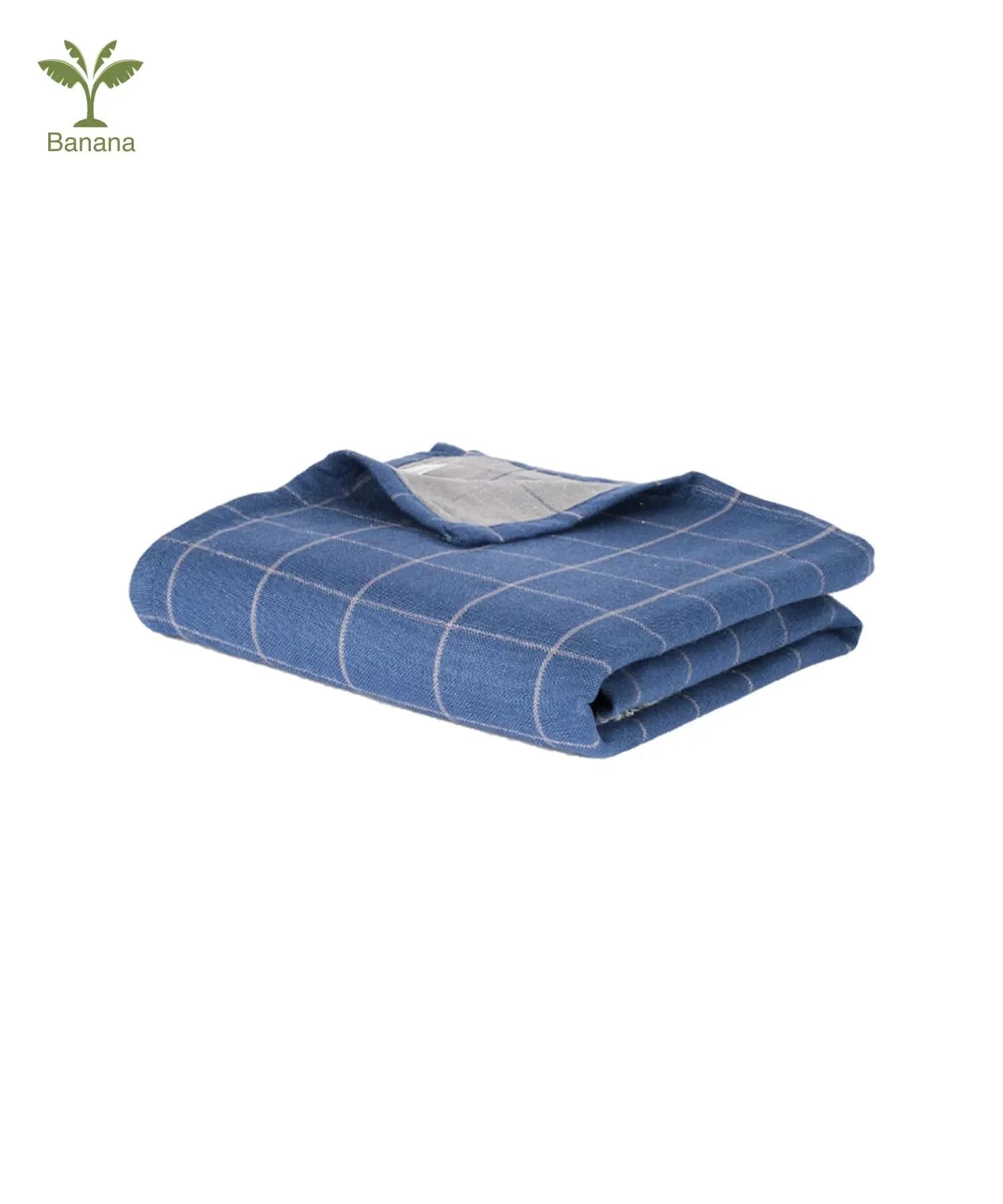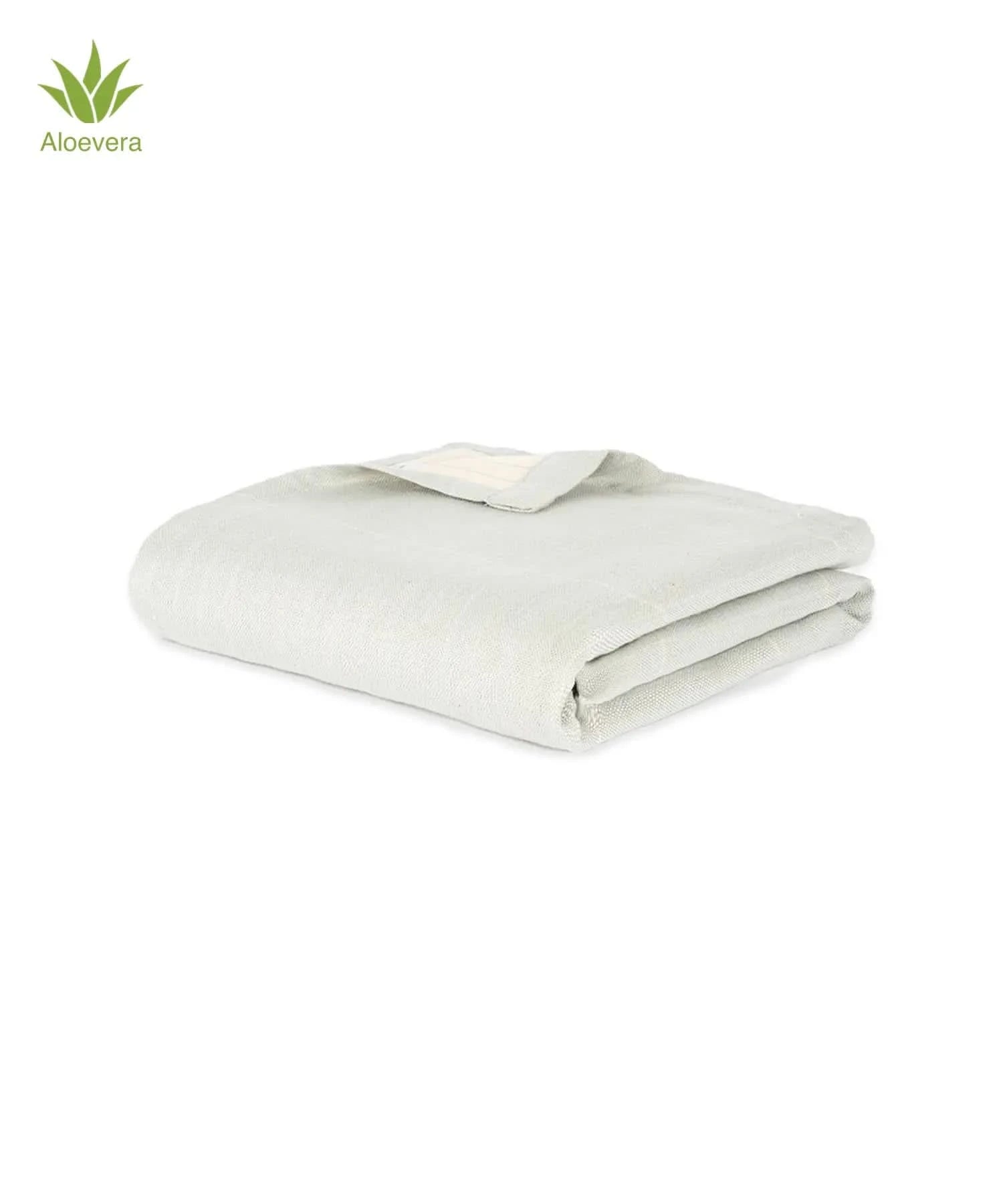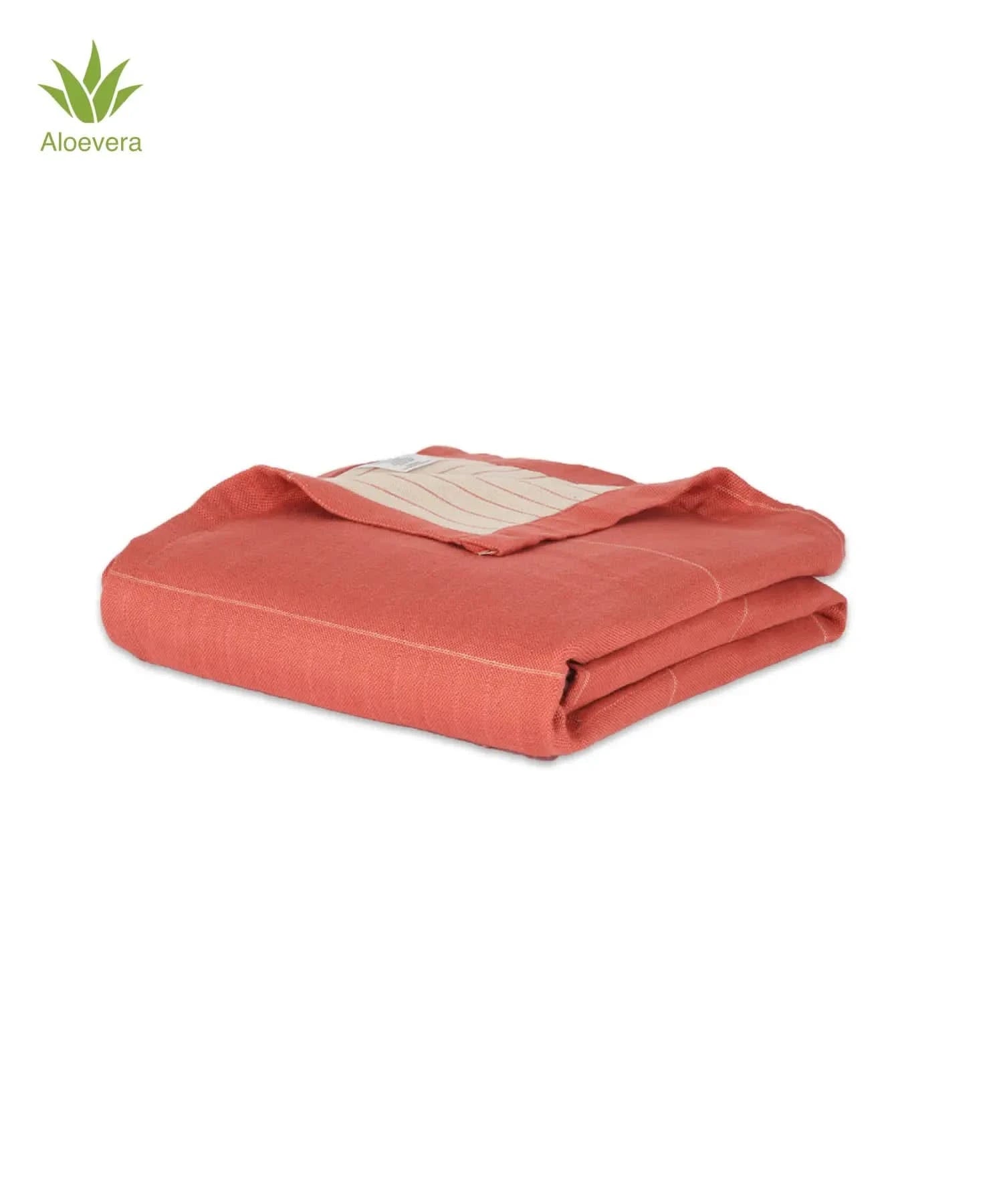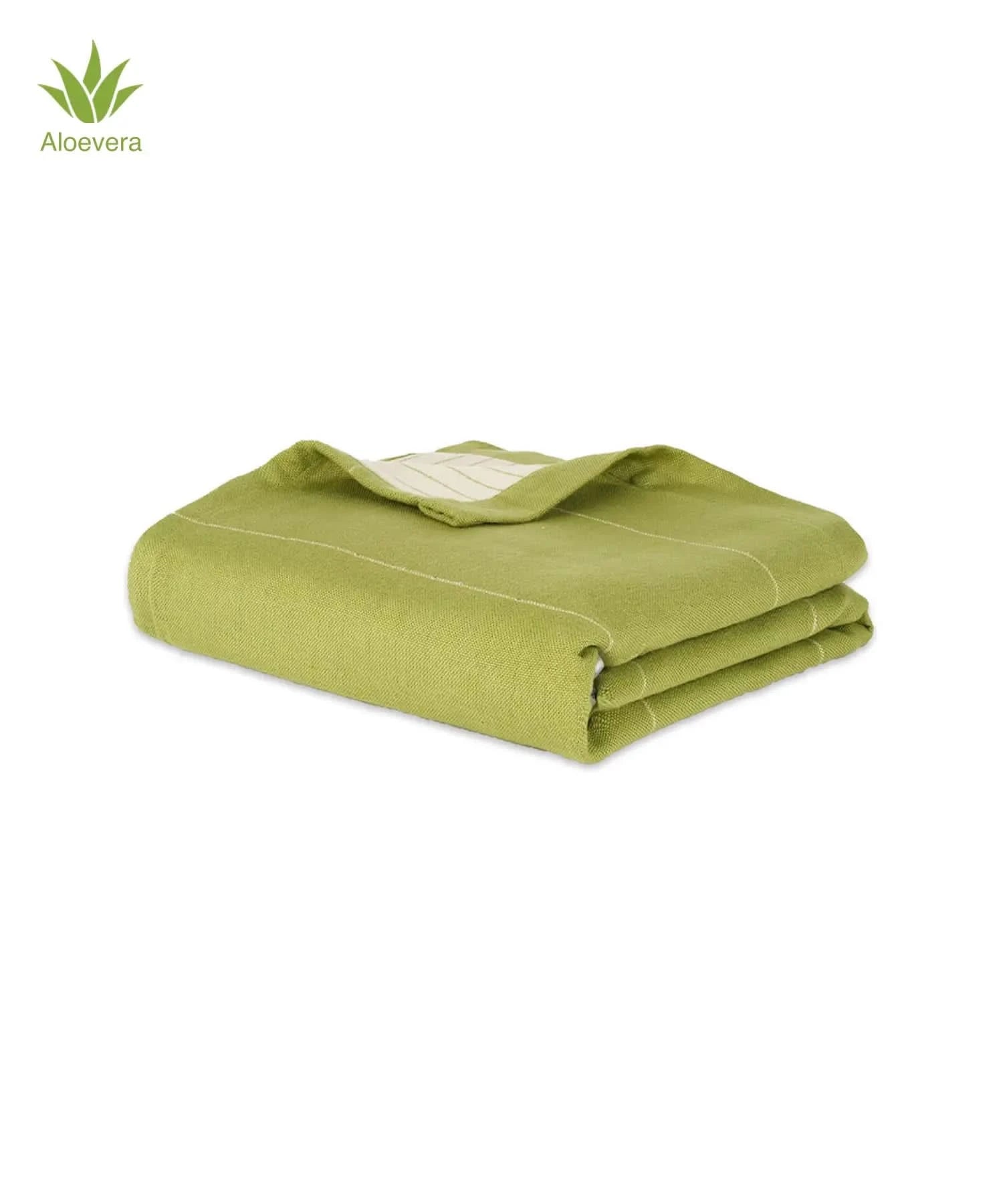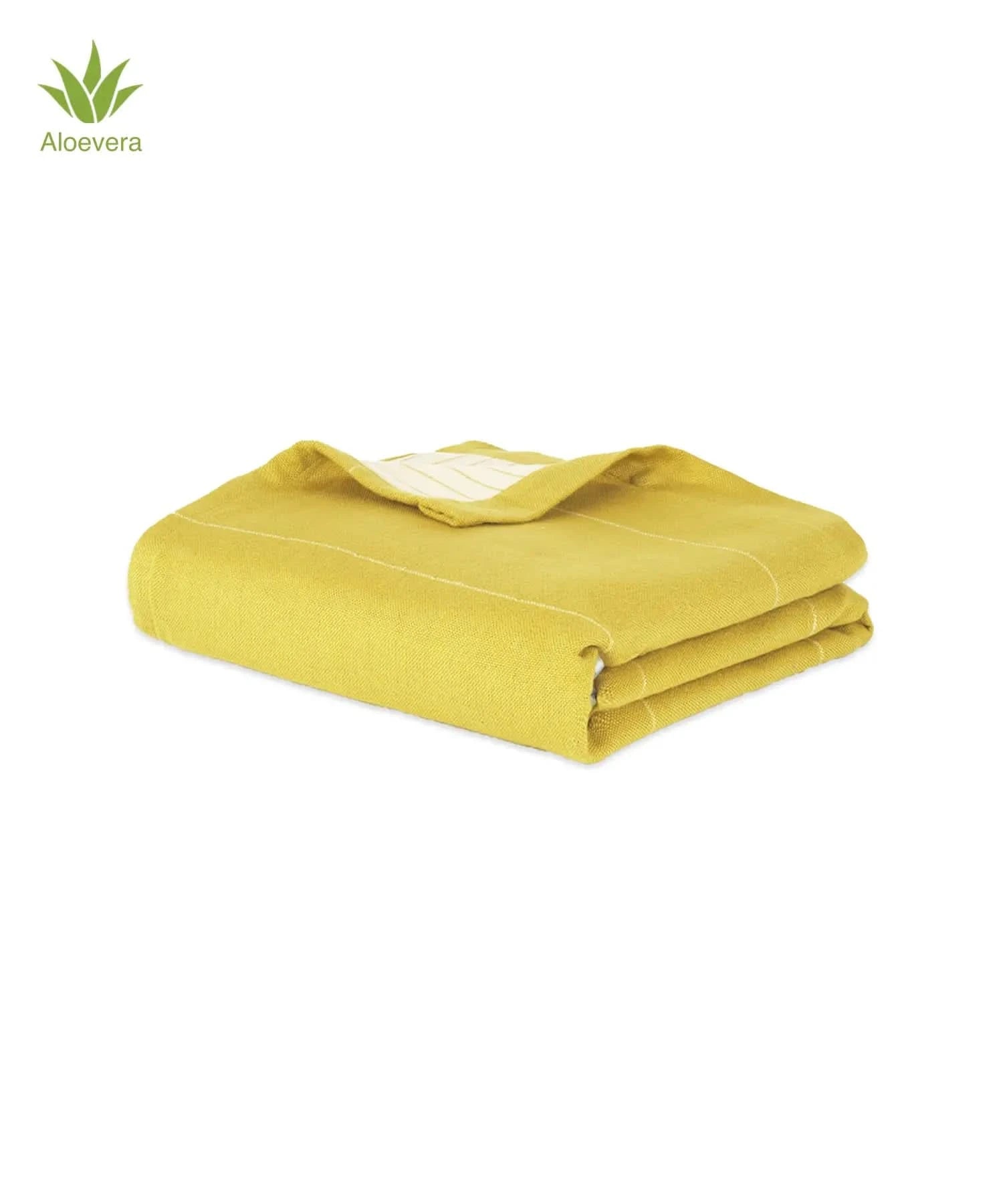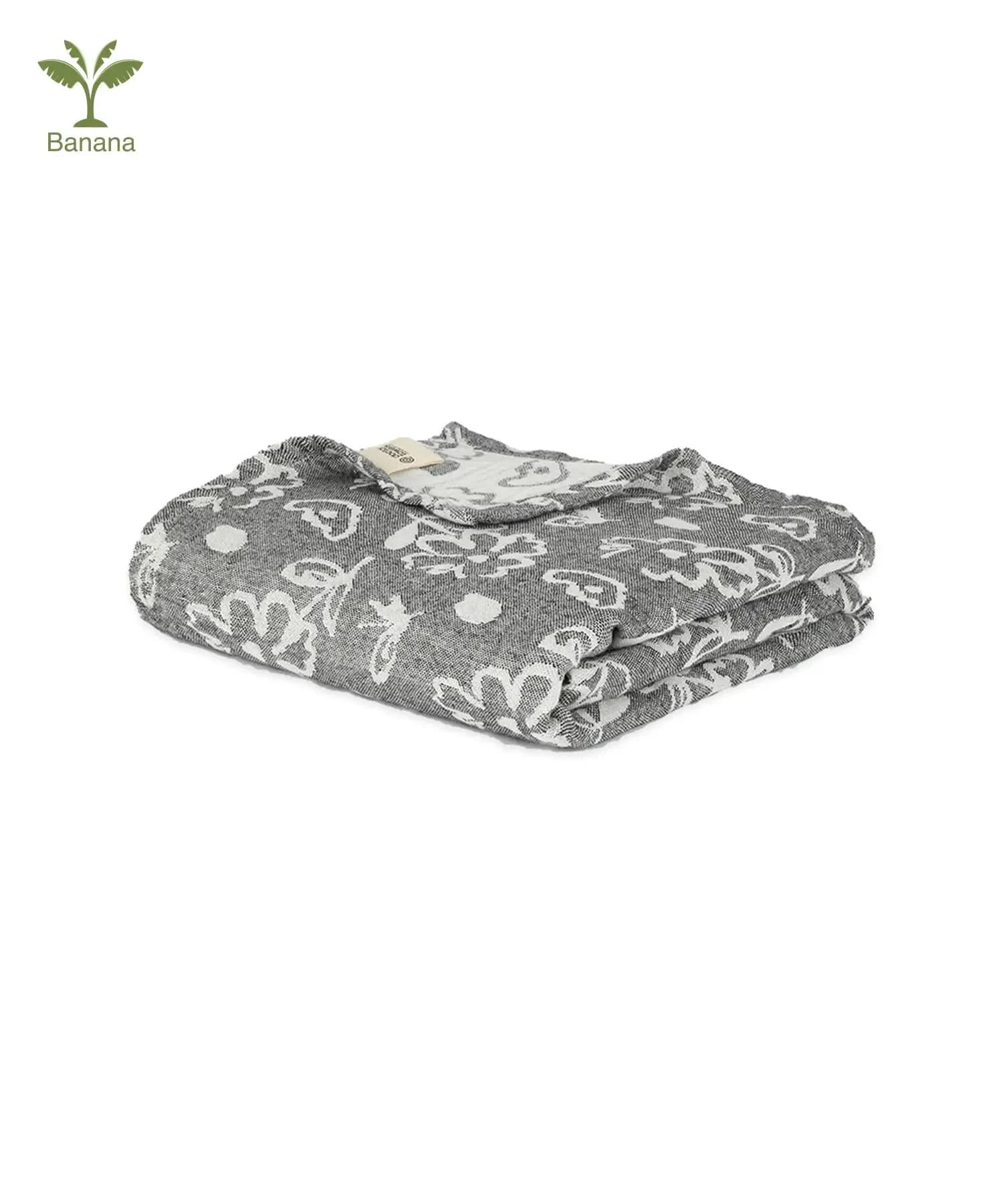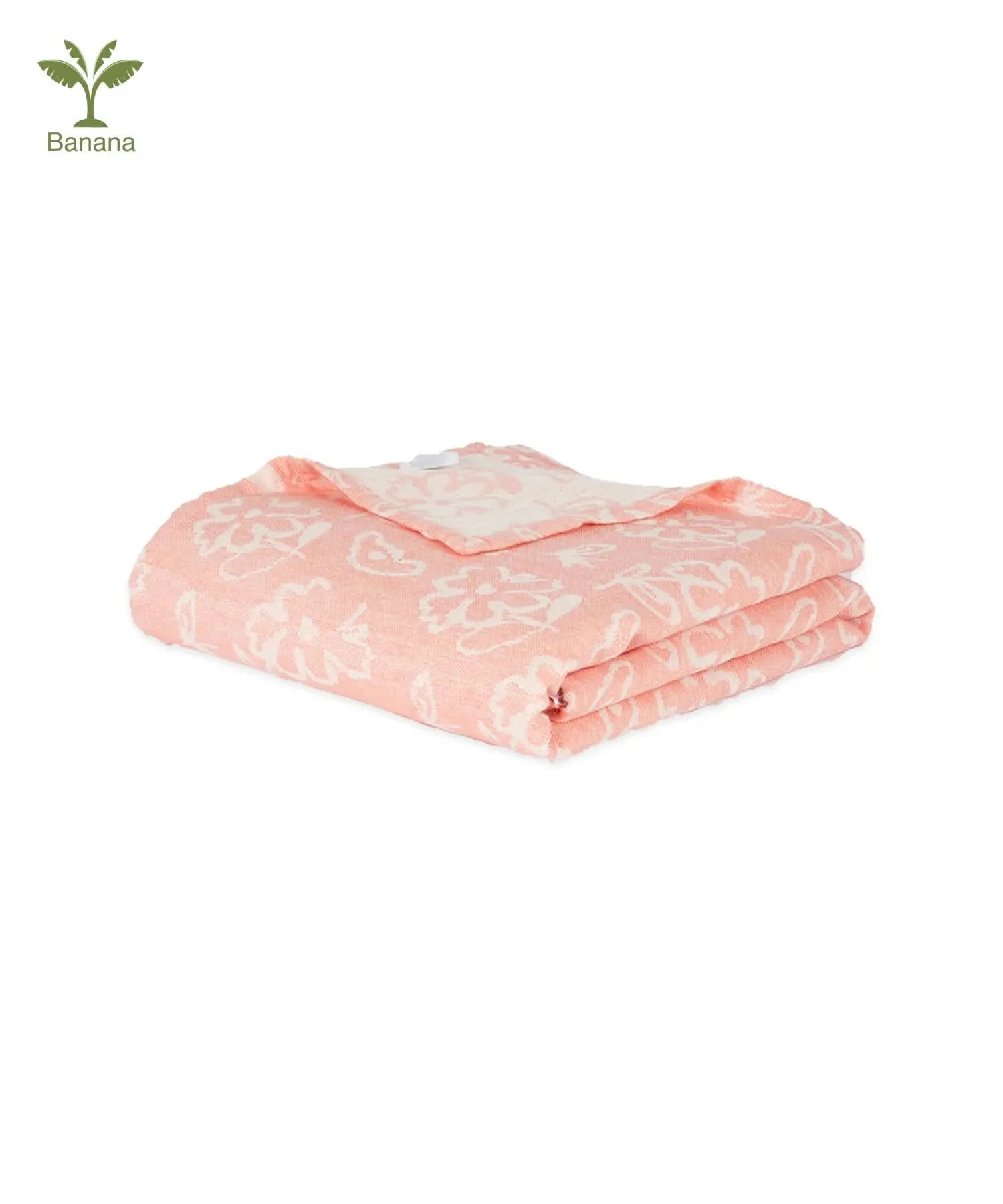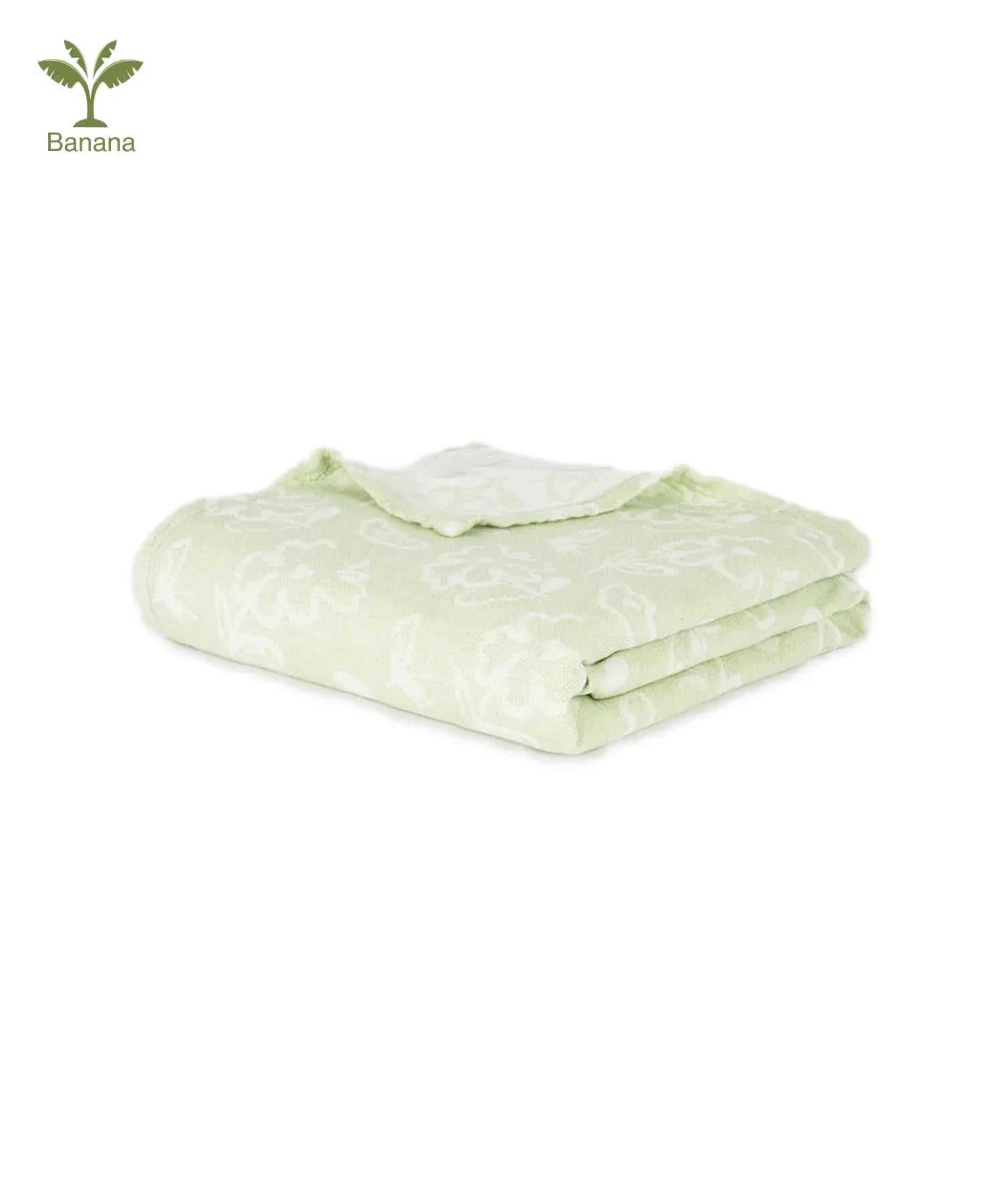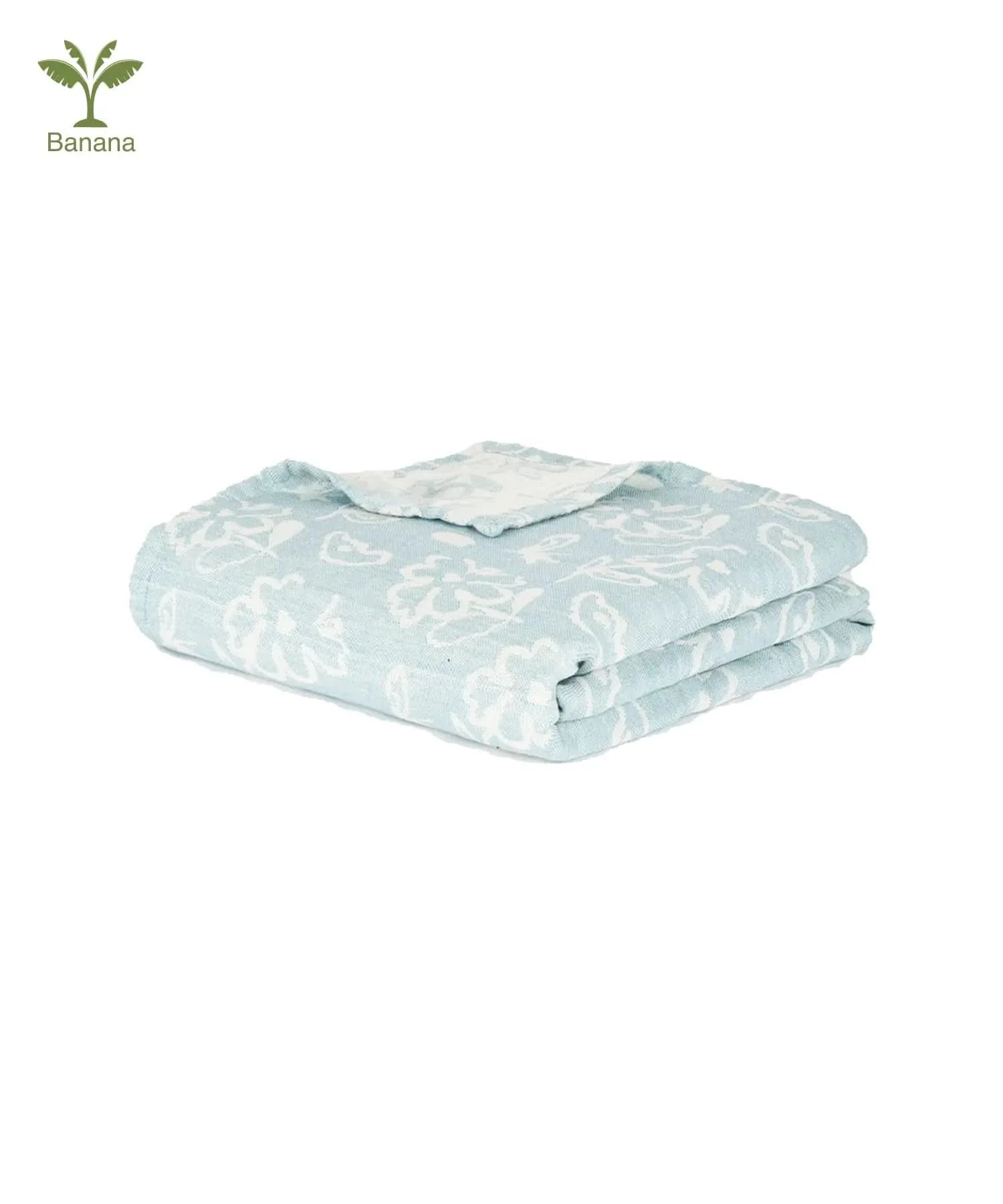Sensitive Skin and How Bath Towels Have Affected Skin Quality Over Time
An in-depth, research-backed article exploring the effects of bath towels on sensitive skin, including insights from dermatologists, research findings, practical recommendations, and the impact of towel hygiene and material. Includes a DALL-E image for visual engagement.
23 April 2025
Share
Sensitive Skin and How Bath Towels Have Affected Skin Quality Over Time
Sensitive skin, characterized by heightened reactivity to environmental factors, affects a significant portion of the population. While much attention is given to skincare products, the role of bath towels in skin health is often overlooked. This essay explores how bath towels have influenced skin quality over time, incorporating insights from dermatologists, peer-reviewed research, and the evolution of towel materials and hygiene practices.
Understanding Sensitive Skin
Sensitive skin manifests as redness, itching, burning, or dryness in response to stimuli that typically do not provoke such reactions. According to the American Academy of Dermatology, factors contributing to sensitive skin include environmental conditions, certain skincare products, and underlying dermatological conditions like eczema or rosacea. Dr. Jane Smith, a board-certified dermatologist, notes that "individuals with sensitive skin have a compromised skin barrier, making them more susceptible to irritants and allergens."
The Role of Bath Towels in Skin Health
Bath towels come into direct contact with the skin daily, making their material, texture, and hygiene crucial for maintaining skin integrity. A study published in the Journal of Dermatological Science examined the impact of different towel materials on skin health. The researchers found that towels made from synthetic fibers were more likely to cause irritation compared to those made from natural fibers like cotton. The study concluded that "natural fiber towels are less abrasive and more suitable for individuals with sensitive skin."
Dr. Emily Johnson, a dermatologist specializing in contact dermatitis, emphasizes the importance of towel texture: "Rough or coarse towels can exacerbate skin sensitivity by causing micro-abrasions, leading to increased transepidermal water loss and irritation." She recommends using soft, plush towels and patting the skin dry instead of rubbing to minimize friction.
Hygiene Practices and Towel Maintenance
Proper towel hygiene is essential to prevent bacterial and fungal growth, which can adversely affect skin health. A study in the International Journal of Environmental Research and Public Health investigated the microbial contamination of household towels. The findings revealed that towels used multiple times without washing harbored significant bacterial colonies, including Staphylococcus aureus and Escherichia coli. The authors recommended washing towels after three uses to reduce microbial load and potential skin infections.
Dr. Michael Lee, an infectious disease specialist, advises: "Regular laundering of bath towels in hot water and thorough drying are critical steps in preventing the proliferation of harmful microorganisms that can compromise skin health."
Evolution of Towel Materials and Innovations
Over time, advancements in textile technology have led to the development of towels designed specifically for sensitive skin. Bamboo towels, for instance, have gained popularity due to their natural antibacterial properties and softness. A comparative study published in the Textile Research Journal evaluated the absorbency and softness of bamboo versus cotton towels. The results indicated that bamboo towels had superior absorbency and a smoother texture, making them suitable for individuals with sensitive skin.
Additionally, microfiber towels have been introduced as a gentle alternative. These towels are made from ultra-fine fibers that are soft and less likely to irritate the skin. However, Dr. Sarah Thompson, a dermatologist, cautions: "While microfiber towels are gentle, they can retain oils and bacteria if not washed properly, potentially leading to skin issues."
Consumer Experiences and Recommendations
Many individuals with sensitive skin have reported improvements after switching to towels made from natural fibers and adopting proper hygiene practices. A survey conducted by the National Eczema Association found that 75% of respondents experienced reduced skin irritation after changing their towel material and laundering habits.
Practical Recommendations:
- Choose Soft, Natural Fiber Towels: Opt for towels made from 100% cotton or bamboo to minimize skin irritation.
- Avoid Rubbing the Skin: Gently pat the skin dry to reduce friction and prevent micro-abrasions.
- Maintain Towel Hygiene: Wash towels after three uses in hot water and ensure they are thoroughly dried to prevent microbial growth.
- Replace Old Towels: Over time, towels can become rough and less effective. Replace them periodically to ensure they remain gentle on the skin.
Conclusion
Bath towels play a significant role in the health of sensitive skin. The choice of material, texture, and hygiene practices can either alleviate or exacerbate skin sensitivity. By selecting appropriate towels and maintaining proper care routines, individuals with sensitive skin can reduce irritation and promote overall skin health. Continued research and innovation in towel materials will further enhance our understanding and management of sensitive skin in relation to everyday hygiene practices.






